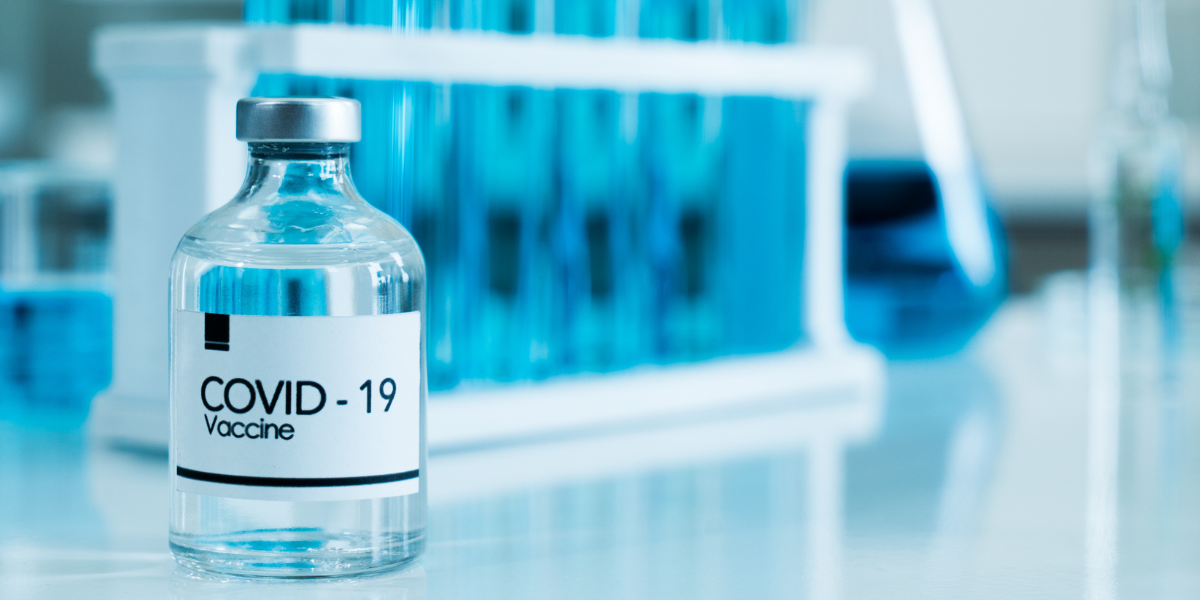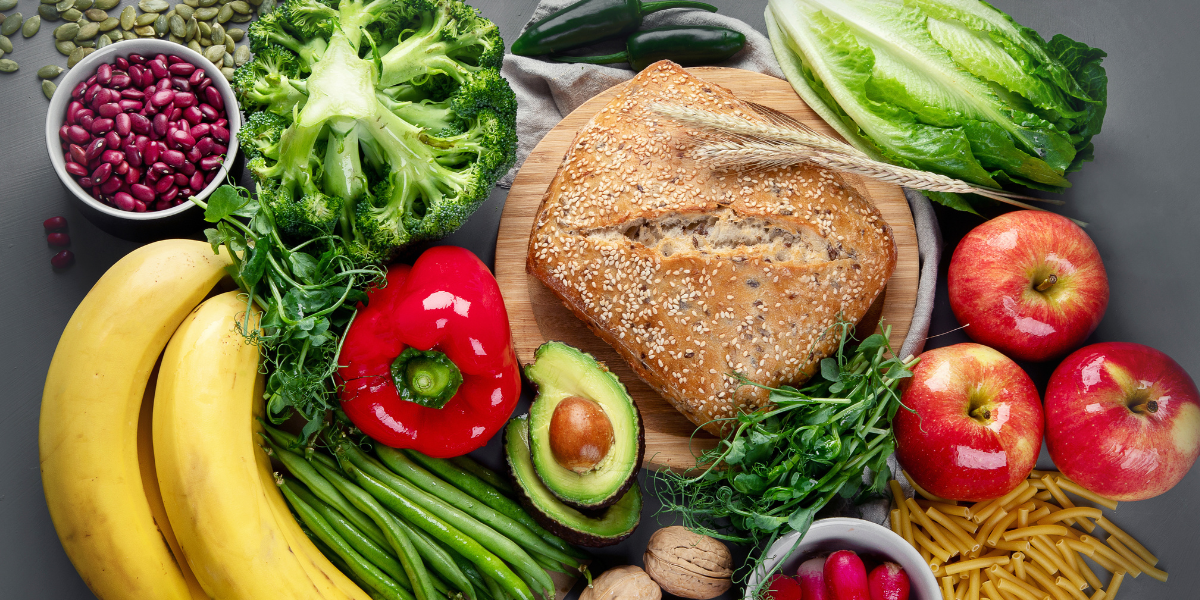
Dr. Genelle Lunken (formerly Healey) is a microbiome investigator at BC Children’s Hospital and an assistant professor in the Department of Pediatrics at the University of British Columbia. Dr. Lunken recently led a study looking at COVID-19 vaccination and its association with the gut microbiome and dietary fibre intake.
Messenger RNA (mRNA) COVID-19 vaccines are highly effective in protecting against the SARS-CoV-2 virus, but their efficacy wanes over time. Booster shots are required to maintain an active immune response against COVID-19.
Individual factors have been found to impact COVID-19 vaccine efficacy, including age, sex, nutritional status, body mass index (BMI), and more. Recent research has shown a link between COVID-19 vaccine efficacy and the composition of gut microbiota — the collection of microorganisms in the gastrointestinal tract. Specifically, researchers from the University of Hong Kong found that the composition of one’s gut microbiota can predict:
- Their immune system’s response to COVID-19 vaccines
- Their susceptibility to COVID-19 vaccine-related reactions and adverse events
Researchers at BC Children’s Hospital have helped confirm some of the University of Hong Kong researchers’ findings and expanded on discoveries related to COVID-19 vaccines, the gut microbiome, and dietary influences.
The team, led by Dr. Lunken, Dr. Pascal Lavoie, and Dr. Bruce Vallance, found that the gut microbiome changed as a result of receiving the Pfizer-BioNTech mRNA vaccine for COVID-19. Namely, some bacterial groups increased while others decreased following both first and second doses of the COVID-19 vaccine.

The researchers also confirmed that study participants with high or low responses to the COVID-19 vaccine had unique gut microbiome signatures or profiles. A high vaccine response means that a person’s immune system is more likely to be able to protect them against COVID-19.
The team assessed participants’ vaccine response by looking at:
- Levels of antibodies that bind to the SARS-CoV-2 spike protein, which is what the virus uses to enter human cells
- Levels of immunoglobulin G (IgG), the most prevalent antibody in blood circulation that neutralizes pathogens, such as bacteria and viruses
The high vaccine response-related gut microbiota profile was characterized by higher counts of Prevotella, Haemophilus, Veillonella, and Ruminococcus gnavus bacteria. Several of the identified bacteria have known impacts on immune system function, and certain bacterial species may enhance IgG function and specificity.
“While more research is needed to confirm that gut microbiota composition impacts the body’s responses to COVID-19 vaccine, our findings do support conclusions made by other study teams,” says Dr. Lunken.

The BC Children’s team was especially surprised by one of their findings. The researchers wanted to see whether microbial metabolites, such as short-chain fatty acids, had an impact on individuals’ COVID-19 vaccine response.
“We found that a couple of types of short-chain fatty acids — isovaleric and isobutyric acids, which are collectively called branched-chain fatty acids, appear to be higher in individuals with lower vaccine responses,” says Dr. Lunken.
Branched-chain fatty acids (BCFA) are produced as a result of protein fermentation by the microbes in the gut. While little is known about BCFA, previous research has shown that individuals with inflammatory bowel disease tend to have higher levels of BCFA — perhaps indicating inadequate immune responses.
“It was interesting to also see higher levels of these branched-chain fatty acids in people with lower COVID-19 vaccine responses,” adds Dr. Lunken. “Before our study, this had not been known.”
Another novel finding of this study involved dietary fibre intake and its impact on COVID-19 vaccine response. The team classified study participants as low, moderate, or high-fibre consumers, using a fibre intake questionnaire developed by Dr. Lunken.
“People with higher fibre intake had a greater increase in their avidity between the first and second doses of the COVID-19 vaccine, indicating a higher immune response,” says Dr. Lunken.
Avidity refers to the strength of binding between an antibody and its associated antigen. Avidity helps assess how antibodies are functioning, beyond just focusing on the numbers of circulating antibodies.
Additionally, those with higher fibre intake showed a reduction in BCFA levels between the two vaccine doses. These findings could indicate a mechanistic link between an individuals’ fibre intake, BCFA levels, and vaccine response. Since this is the first time these associations have been shown, more research is needed to determine the exact mechanisms that link dietary intake, BCFA levels, and COVID-19 vaccine response.
Read more in “Gut Microbiome and Dietary Fibre Intake Strongly Associated With IgG Function and Maturation Following SARS-CoV-2 mRNA Vaccination,” Gut.




